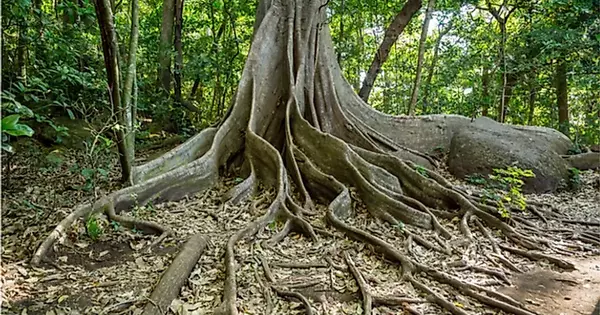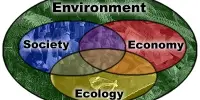Ecological facilitation is a term used in ecology to describe the favorable interactions that occur between different species or organisms within an ecosystem. Probiosis, as it is also known, explains species interactions that benefit at least one of the partners while harming neither. These interactions can benefit one or more of the species involved, and they frequently take place in harsh or competitive habitats with limited resources.
In contrast to ecological facilitation, competition occurs when various species compete for the same resources, frequently to their cost. Facilitations are classified as mutualisms, which benefit both species, or commensalisms, which help one species while leaving the other unaffected. This article discusses both the processes of facilitation and the growing body of research on the effects of facilitation on community ecology.
There are several forms of ecological facilitation, including:
- Mutualism: Mutualistic interactions involve two or more species that benefit from each other’s presence. Bees and flowers, for example, have a mutualistic relationship in which bees receive nectar and pollen for nourishment while flowers are fertilized.
- Commensalism: One species benefits while the other is neither aided nor hurt in commensal relationships. Epiphytic plants, for example, grow on trees and use the tree for support without negatively impacting the tree.
- Amensalism: This is a situation where one species is negatively impacted while the other is unaffected. An example is a large tree shading smaller plants beneath it, inhibiting their growth.
- Facultative mutualism: This type of facilitation entails a relationship that can be mutually beneficial but is not entirely reliant on the affiliation. Both species can survive and breed on their own, but they benefit from interaction.
Facilitation is important in forming natural communities and can be a major driver of biodiversity. These interactions are critical for species coexistence and environmental stability because they enable species survive stress, get access to resources, and improve overall fitness. Understanding how species interact and coexist in varied ecosystems requires an understanding of ecological facilitation.
















